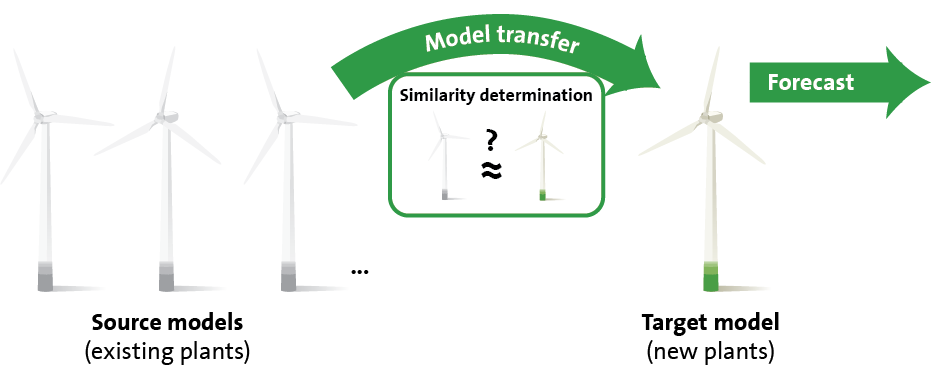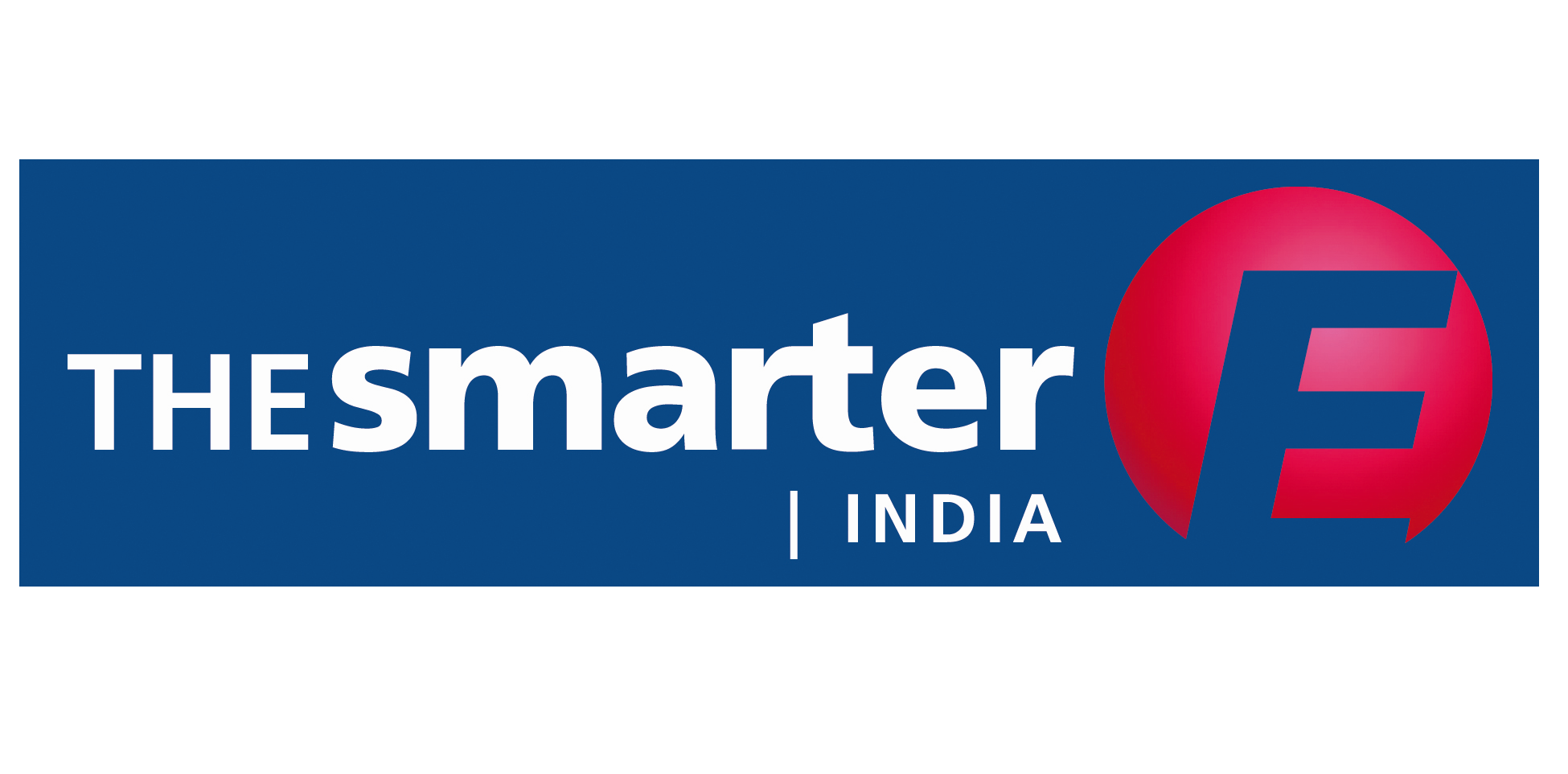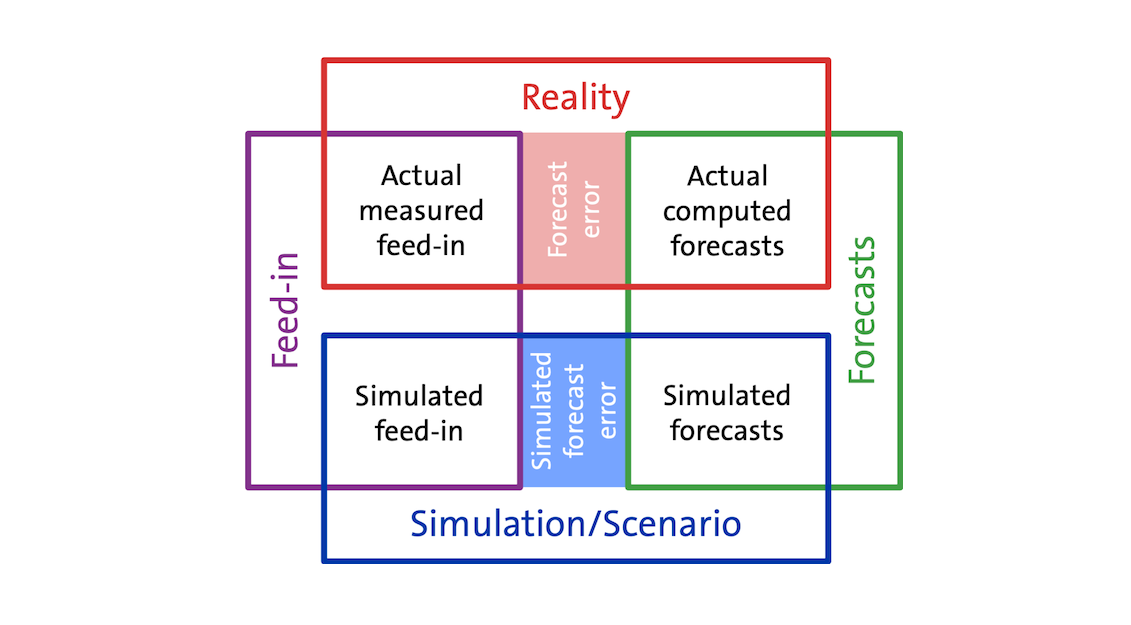Research project: Transfer Learning as an essential tool for the energy transition
To ensure a secure and economical energy supply in an increasingly complex energy system, plant and grid operators depend on accurate forecasts of expected energy production. With the help of historical measurement and process data, artificial intelligence (AI) methods allow to predict the future behavior of renewable energy plants.
Transfer Learning – When the AI lacks historical data
The energy transition is accelerating the transformation of the energy sector and, with the expansion of renewable energies, is bringing more and more new components into the system. As a result, there may be little or no information available for new or modified plants. The usual machine learning models cannot be applied here, and alternative physical models do not always provide accurate results.
Together with the Fraunhofer Institute for Energy Economics and Energy System Technology (IEE), the Department of Intelligent Embedded Systems (IES) at the University of Kassel and the transmission system operator 50Hertz, the enercast team is currently researching new methods for automated knowledge transfer between individual system components in the energy sector in the project “Transfer Learning as an essential tool for the energy turnaround” (TRANSFER). The key concept is the creation of universally valid transfer learning models in order to apply knowledge from existing components to new or changing, similar components. In the project, the team focuses specifically on the grid feed-in of newly installed renewable energy systems (wind, PV and PV with storage) as well as the dynamic power flows through transformers between high and extra-high voltage.

During model transfer, the metadata (such as asset master data) of the source models are checked for similarity with those of the target model. The model with the greatest similarity is then linked to the data of the new plant in order to compute forecasts for this plant.
Equipped for the future
The goal of the project is to make transferable knowledge usable in an automated way as far as possible, in order to be able to generate robust status determinations and forecasts for new and changing system components reliably and without great computing effort. To ensure the applicability in practice, the newly developed methods are compared with the currently used, mostly physical models based on real use cases and data sets and optimized under real conditions.
The TRANSFER project is supported by the Federal Ministry of Education and Research with a budget of 1.5 million Euros.


 Back to overview
Back to overview 

